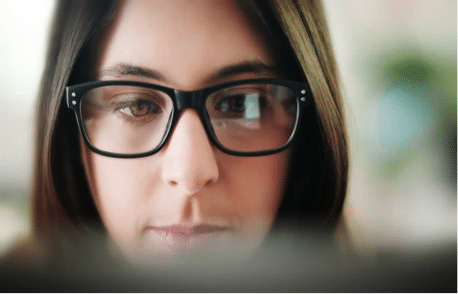Psychological Well-Being for the Remote Worker

With more and more of our workforce working from home now, there are some simple and well-proven strategies that help maximize psychological well-being and personal effectiveness. To the extent possible, helping people carry on in a way that still gives them meaning in their daily activities can be good medicine against the isolation and anxiety of the present circumstance. The following tips are designed to help with that.
Maintaining a sense of normalcy. Whenever possible, building and maintaining a regularly scheduled day will help people retain their sense of personal effectiveness. As those who have worked from home for years can acknowledge, while the freedom is exciting, the lack of predictability can be discouraging. For remote workers, building out a daily schedule and sticking to it can be helpful. Building in meetings with the rest of the group that can be held remotely is a great way to help keep the normal rhythm of an organization on track.
Operating “as if.” When operating “as if,” parties can work as if the anxiety the crisis is causing them does not have as large an impact. Phone calls and video conferences regarding daily operations of an organization can continue to be heard. The brain is uniquely trained to unfortunately be attracted to negative stimuli. However, by only focusing on the negative stimuli, the brain quickly begins to shut down and lose its focus. While the dangers of our current environment are certainly real, and require a vigorous public health response, the daily activities that we all engage in, safely in our homes, can be a great remedy for this anxiety. Continuing to work through a daily schedule of activities, be it work related or personal, will provide a cadence that will help keep people on track.
Preventing isolation. For many, this may be the longest stretch of time they have worked without the company of others. Fortunately, technology has provided many remedies here. Veteran international travelers may be used to having dinner with their families via Skype. Millennials know how to keep in touch with technology quite well. This same approach can be used at work. Given the availability of teleconferencing equipment, it is almost as easy to have an informal meeting, or even lunch, with one’s colleagues over telepresence. Building these in, in a very intentional way, give people something to look forward to, and give a sense of camaraderie and connectivity, which will combat the isolation.
Self-care. Getting through a short-term crisis requires both short- and long-term thinking. By having our teams engaged in good self-care, they will, over the long term, be as satisfied and as effective as they can be. Whatever those self-care rituals are, it is important to find an adaptive way to still participate in them. Those that used to workout at the gym can find a way to workout outside of the gym. Those who attend religious activities can likely find many of them have moved to online vehicles. It requires more problem solving, but, as those who have physical limitations can tell us, a bit of adaptation can allow you to enjoy your life in a fulfilling way. It is important for us to encourage our teams to find other adaptive approaches to return to the self-care activities that keep our mind full and our bodies healthy.
CMA continues to wish health and safety for everyone.
